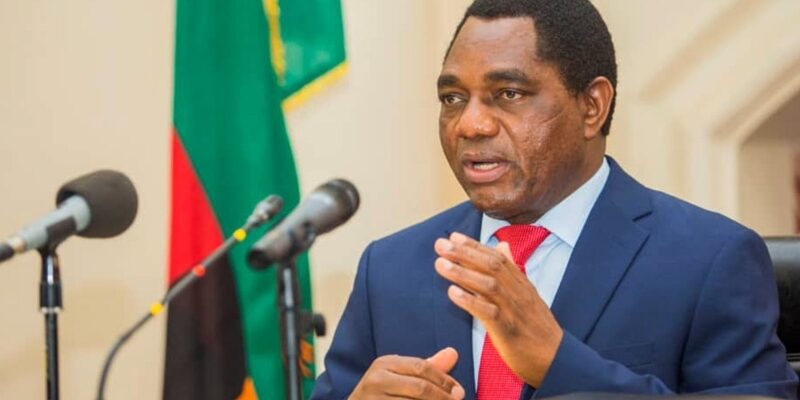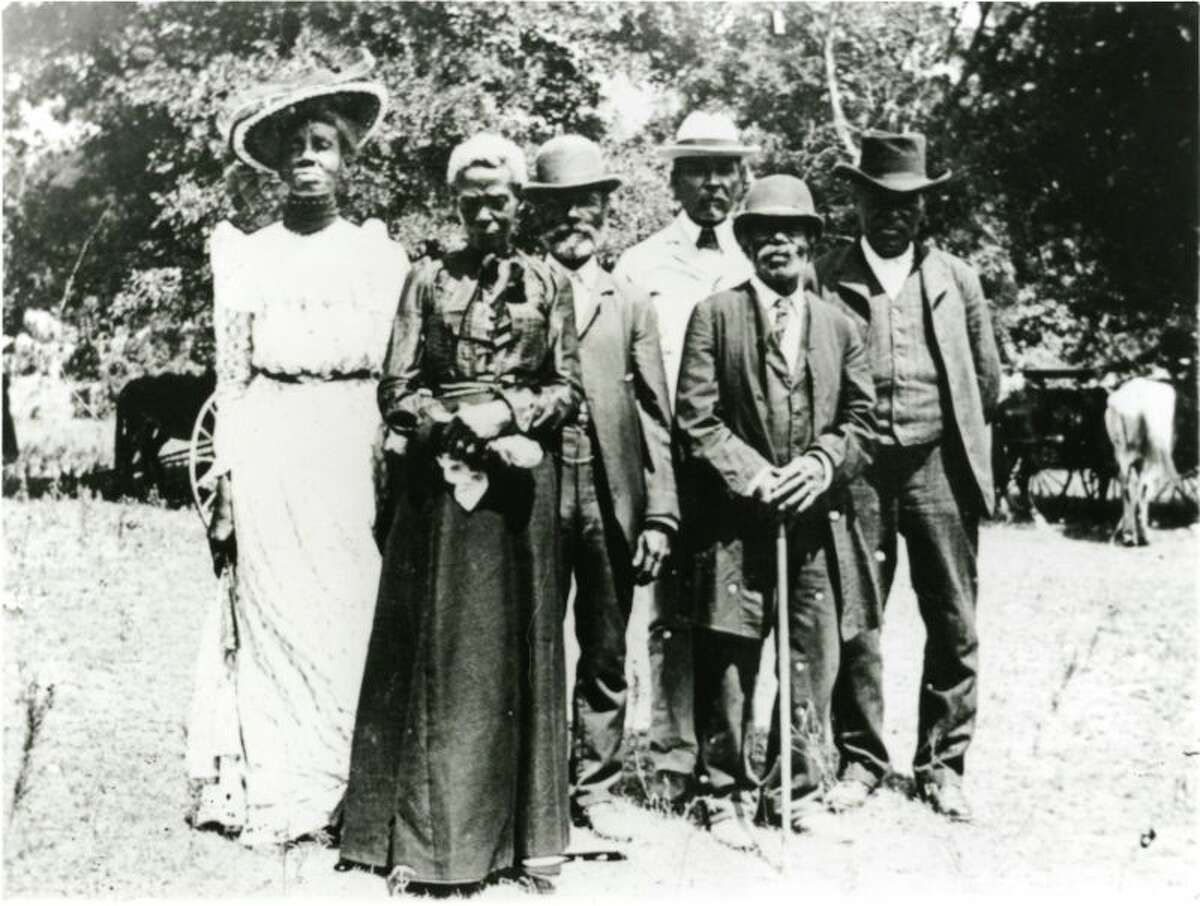The discussion around nuclear tensions between India and Pakistan often dominates global security debates. However, former intelligence chief A.S. Dulat recently clarified that the prospect of a nuclear conflict was never a real option on the table. His remarks challenge the narrative of imminent catastrophe and offer a more nuanced look at how both nations handle crises. This article dives deep into the statement and its implications for regional stability and international relations.
India Pakistan Nuclear War And Strategic Misconceptions
For decades, the phrase “India Pakistan nuclear war” has been used by analysts and media outlets to describe a looming doomsday scenario whenever border tensions flare up. Yet, according to Dulat, these fears are largely misplaced. He emphasized that both nations, despite their differences, have maintained a level of strategic restraint that has prevented escalation beyond conventional skirmishes. The concept of deterrence plays a key role here. Each side understands that a nuclear strike would result in mutual destruction, an outcome neither government is willing to risk. This shared understanding has quietly shaped military decisions during past crises such as the Kargil conflict and more recent cross-border tensions.
Another common misconception is that political rhetoric automatically leads to nuclear brinkmanship. While leaders often use strong language for domestic audiences, intelligence assessments have consistently shown that nuclear assets remain under tight control and are not moved to operational status casually. This institutional stability reduces the chance of accidental launches or hasty decisions under pressure.
India Pakistan Nuclear War And Diplomatic Backchannels
Dulat’s insights shed light on the importance of secret diplomatic channels in preventing escalation. He revealed that even during times of heightened public hostility, backchannel communication between New Delhi and Islamabad helped de-escalate situations before they spiraled out of control. These confidential talks allow both sides to clarify intentions and avoid misinterpretations that could lead to a dangerous cycle of retaliation.
International players such as the United States, China, and the United Nations also play a silent but critical role in managing crises. Their diplomatic pressure often encourages restraint and pushes for dialogue. According to Dulat, this multilateral involvement is one reason why the phrase “India Pakistan nuclear war” remains more of a media headline than a geopolitical reality. This reinforces the notion that the nuclear dimension of the conflict is carefully managed rather than dangerously unpredictable.
India Pakistan Nuclear War And Public Perception
Public fear of a nuclear exchange is partly fueled by sensational reporting. Images of missile tests, fighter jets, and military convoys often circulate without context, creating a sense that war is imminent. Dulat’s statement works as an antidote to this fear, reminding citizens and global observers that diplomacy and rational decision-making are still in play. When the public better understands the mechanisms that prevent escalation, it can reduce panic and allow space for constructive debate about peace initiatives.
Moreover, a realistic view of the situation allows civil society organizations and think tanks to push for confidence-building measures between the two countries. Track-two diplomacy initiatives, joint academic research, and people-to-people exchanges can thrive only when fear is not overwhelming public opinion. Dulat’s words may therefore contribute indirectly to a healthier public discourse about the future of South Asia.
India Pakistan Nuclear War And Military Doctrine
One of the most significant points Dulat touched on is the evolution of military doctrines in both India and Pakistan. The concept of “no first use” adopted by India serves as a cornerstone of its nuclear policy. This policy assures the world that India will not launch a nuclear strike unless first attacked with nuclear weapons. Pakistan does not officially maintain such a pledge, which often raises concerns among security analysts. However, Dulat’s comments suggest that Pakistan’s nuclear arsenal is similarly guided by a rational decision-making process rather than impulsive threats.
Both countries have invested heavily in command-and-control systems to prevent unauthorized use of nuclear weapons. These systems are designed with multiple layers of security and verification protocols. In practice, this means that the decision to launch is not in the hands of a single individual but requires collective approval from top civilian and military authorities. This structural safeguard further lowers the risk that a sudden border clash could escalate into a nuclear exchange.
Additionally, advancements in intelligence and surveillance technologies provide both governments with real-time information about the other’s activities. This reduces the chances of misinterpretation or accidental escalation. When satellite data, radar systems, and human intelligence combine, they create a clearer picture of military movements, which allows for measured responses instead of rash ones driven by fear.
India Pakistan Nuclear War And Regional Stability
Regional stability is closely tied to how India and Pakistan manage their military and diplomatic relations. Dulat’s statement indicates that despite occasional flare-ups, both sides have learned lessons from past confrontations. These lessons include the understanding that prolonged conflict is economically damaging and politically costly. For India, economic growth and global partnerships are a priority. For Pakistan, maintaining domestic stability and avoiding sanctions is equally important. These shared interests act as a restraint on reckless actions.
It is also important to consider the role of neighboring countries like China and Afghanistan, whose security environments are directly affected by South Asian tensions. When China engages in trilateral dialogue with India and Pakistan, it seeks to ensure that regional trade routes, such as the China-Pakistan Economic Corridor, are not disrupted by conflict. This interconnectedness creates an incentive for de-escalation whenever tensions rise.
Another stabilizing factor is the growing integration of both countries into global economic and political institutions. Membership in forums such as the Shanghai Cooperation Organisation fosters dialogue and encourages peaceful resolution of disputes. By emphasizing these shared platforms, Dulat highlights a path toward a more stable and cooperative region where the phrase “India Pakistan nuclear war” becomes even less likely to translate into reality.
India Pakistan Nuclear War And Media Responsibility
Media outlets have a powerful role in shaping perceptions of security crises. Sensational headlines often magnify threats and create an atmosphere of fear that may not align with on-ground realities. Dulat’s calm and measured statement stands in contrast to this tendency, encouraging journalists to report with accuracy and context. When the media provides balanced coverage, it helps audiences understand that deterrence mechanisms and diplomatic efforts are functioning behind the scenes.
In addition, responsible media coverage can encourage policymakers to invest in peace-building initiatives rather than escalating rhetoric. Public opinion can pressure governments toward dialogue rather than confrontation. By reducing panic and fostering understanding, the media can play a constructive role in preventing misunderstandings that could otherwise fuel hostilities.
Finally, new digital platforms and social media have created opportunities for direct communication between experts, officials, and the public. When former intelligence officers like Dulat share insights online or in interviews, they contribute to a more informed debate. This transparency builds trust and allows citizens to see beyond fear-driven narratives.
India Pakistan Nuclear War And International Pressure
International pressure has consistently acted as a brake on escalation between India and Pakistan. Global powers have vested interests in preventing a nuclear conflict in South Asia, as such a catastrophe would destabilize the entire global economy and security architecture. Dulat pointed out that diplomatic interventions from countries like the United States, Russia, and members of the European Union often help cool tempers when tensions run high. These nations do not merely issue statements but engage in behind-the-scenes negotiations that encourage both sides to step back from the brink.
International organizations such as the United Nations also provide forums where grievances can be aired in a controlled environment. This reduces the pressure to escalate through military means. The presence of UN observers along the Line of Control is a subtle yet critical factor that helps maintain accountability on both sides.
For readers seeking a broader global perspective on nuclear deterrence, this IAEA resource provides insight into how international nuclear security frameworks operate to minimize risk worldwide. This external layer of monitoring complements the domestic controls in India and Pakistan, making nuclear confrontation even less likely.
India Pakistan Nuclear War And Future Outlook
The future of India Pakistan relations is likely to remain complex, but Dulat’s remarks offer a cautiously optimistic view. He argues that as both economies grow and integrate with the global system, the appetite for prolonged confrontation will diminish. Investment flows, trade partnerships, and regional connectivity projects provide incentives for peace that are stronger than ever before. This means that while flashpoints may continue to appear, they are less likely to spiral into all-out war.
Education and public awareness also play a crucial role in shaping the next generation’s attitude toward conflict resolution. Initiatives that bring together students and researchers from both nations can help dismantle stereotypes and foster cooperation. The more informed citizens are about the realities of deterrence, the less susceptible they become to panic and misinformation.
For additional analysis on government statements and public policy insights, readers can explore our internal section on Government Statements Mauritius which provides comprehensive coverage of official remarks and their impact on national sentiment.
Public Discourse And Constructive Dialogue
The broader lesson from Dulat’s statement is the importance of constructive dialogue in shaping public discourse. Fear-driven narratives can hinder diplomatic efforts and create unnecessary hostility. By contrast, informed discussion encourages transparency and fosters mutual understanding between communities. This is where think tanks, universities, and independent media outlets have a major role to play in shaping a narrative of peace rather than conflict.
Moreover, governments can work with civil society to promote cultural exchanges, joint business initiatives, and humanitarian collaborations. These grassroots efforts build trust from the bottom up and complement official diplomatic channels. The ultimate goal is to create a political environment where war is seen as an absolute last resort, not an inevitable outcome.
Conclusion
A.S. Dulat’s reassurance that nuclear war was never on the cards is not just a comforting statement but a call to action. It invites policymakers, media, and citizens alike to focus on building sustainable peace mechanisms. The fear of an India Pakistan nuclear war should not paralyze progress but instead motivate deeper cooperation and dialogue.
As long as rational decision-making and strategic restraint continue to guide both nations, the chances of nuclear conflict will remain remote, paving the way for a more stable and prosperous South Asia.




